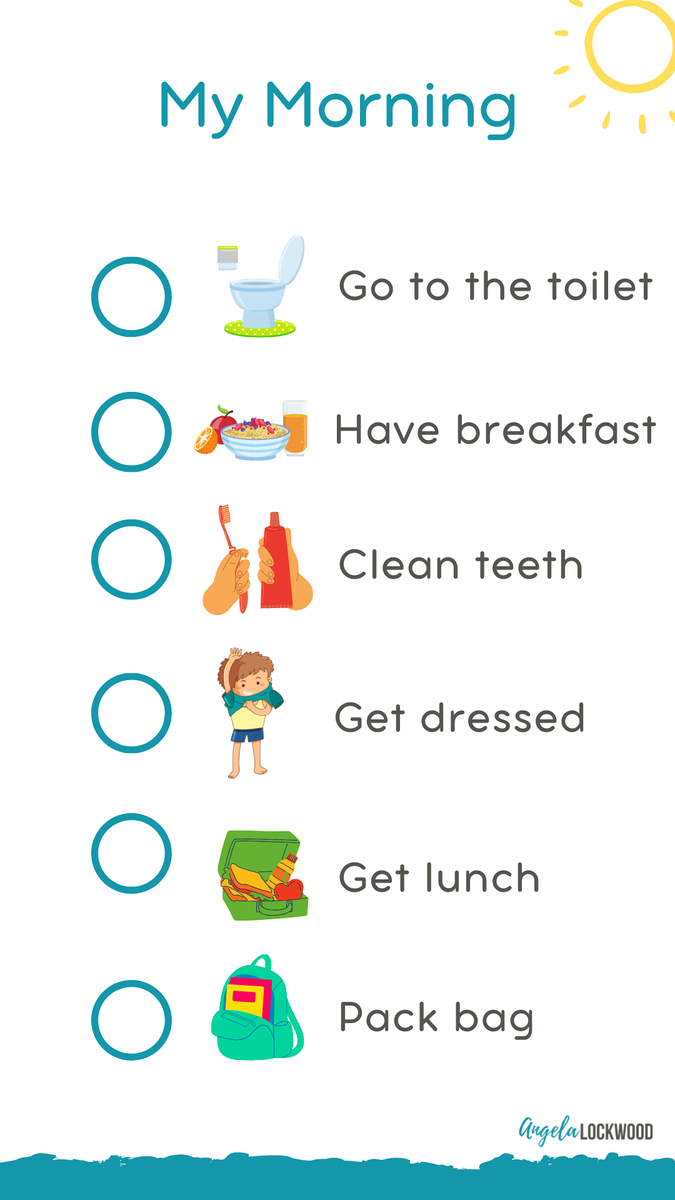Mental Health & WellbeingPage

Supporting your Child through Transitions
The process of transition – moving from one class to another, such as from year one to year two, or from primary to secondary school – can have a significant impact on children.
It is important to consider the impact of this change upon individuals and to tailor approaches where necessary to ensure that children feel supported during this process.
It is also a normal response to change and transition to feel both nervous and excited. A term coined by our grade 4 teaching team, 'nervecited'. You can support your child through these feelings by having short and frequent conversations about the upcoming changes and acknowledging the things that they are both worried about, as well as anything that they might be looking forward to.
As parents we can listen to their children, giving them opportunities to discuss the return to school – what they are looking forward to as well as what they might be concerned about. Before returning to school it is important that children are prepared. Parents can ensure this in practical ways, such as by buying and labelling school uniform, shoes and stationary so that their children have all the right equipment before they start.
For some children, transitioning into a new school year can be so overwhelming that it prevents them and blocks them from getting to school in the first place. For parents who have children who experience separation anxiety, you will know how heartbreaking it is for you and your child. It is easy to notice a child in their first year of school who is struggling as they usually do one of 2 things, they cry, even scream and they cling so hard to their parent they will not let go. The other way is the child who withdraws sits by themselves, doesn't engage with anyone, and sits alone in discomfort and even fear. It is harder to recognise the struggle of the child that withdraws.
There are simple ways that as a parent you can help to minimise the fear of the unknown that comes with starting school or transitioning to a new year or even a new school. Involve your child no matter their age in preparing for the start of school. This includes;
- Go shopping. Allow your child to choose one or two stationary items that they have been asking for or looking at for a long time. Having a funky set of pencils or a cool-shaped sharpener can do wonders for self confidence during week one. I have seen friendships form over conversations about the pencil case or two kids having the same eraser. Now a disclaimer here, these stationary items do not need to be expensive or outlandish. Just an item that your child loves will help them feel proud of their belongings.
- Practice opening and eating from a school lunchbox. This is as equally important for you as it is for your child. School lunch preparation can be stressful. No matter the child's age they can be helping you in some way with preparing their lunches. Whether it is filling their water bottle, getting their snacks or for older kids making and packing everything, taking this responsibility increased their independence and provides them with a sense of control and autonomy which does wonders for a child's self-esteem. On a side note, ensure your child's lunchboxes, containers and food packets are easy to open, and practise opening hem and eating from them over the summer if you child is new to school.
- Use a visual checklist. If your child has difficulties remembering everything they will need to do in the mornings a visual checklist will be your saviour. As a parent, you can tell your child one thousand times what needs to be completed before they walk out the door in the morning but it is guaranteed they will leave something behind, forget their lunch or sit and wait for you to do it. Having a visual schedule takes the verbal pressure off you and provides them with a visual reminder of what needs to happen and if you like in which order.
- Use positive language. Have conversations with your child about what opportunities being in a new year or a new school will hold for them. It might be they get to go on an excursion or now they are in upper primary years now, or how they will have their favourite teacher. Even if you know things might get tricky this year for them, like a school camp or public speeches, if you are positive and use positive language in conversations with your child, they will look at the opportunities rather than the downsides.
- Take the time to listen. The beginning of a school year can feel overwhelming, there is so much news to share. This time is valuable for you and them. Take the time to stop and listen (no phone in hand) while they share their news from the day or their worries about starting or how things are going for them. As a parent, you can gain so much insight into how your child is settling in and how you can best support them with a smooth start to the year.
School Breakfast Club
Please join us in the school kitchen every Thursday morning to share breakfast with other students before starting the school day. Gluten free and dairy free options available.
Our Year 5 Student volunteers are doing an amazing job of setting up, taking orders, preparing food, serving and cleaning up under supervision.
Breakfast is served from 7.45 - 8.30am (last orders at 8.15am) - all welcome!


